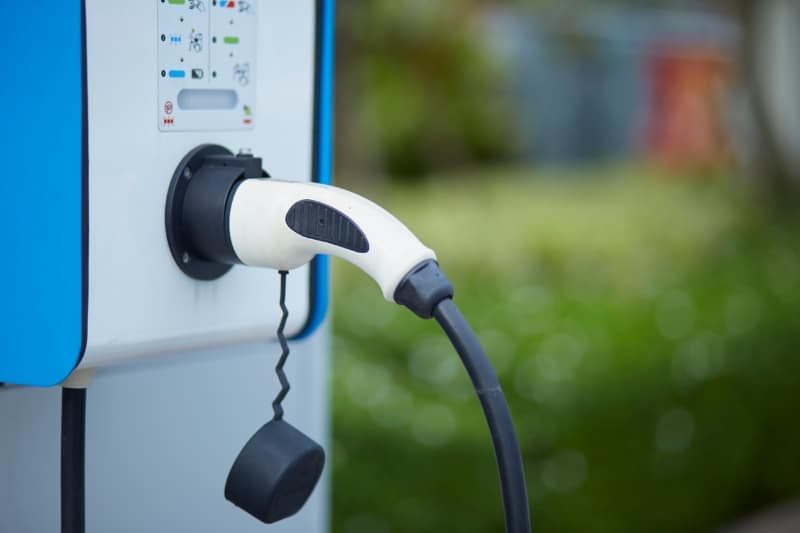In the 2020 budget, the Singapore government laid out a vision is to phase out ICE (internal combustion engine) vehicles and have all vehicles run on cleaner energy by 2040. Three measures have been introduced in the budget for this:
- Enhancement of incentives to encourage the adoption of cleaner and more environmentally friendly vehicles:
- In 2018, Singapore introduced the Vehicular Emissions Scheme for cars and taxis. Under the scheme, car buyers and taxi operators who choose cleaner car models can receive an upfront rebate of up to SGD 20,000 and SGD 30,000 respectively. A similar scheme called the Commercial Vehicle Emissions Scheme will be introduced for light goods vehicles.
- In addition, the government will introduce an EV (electric vehicle) Early Adoption Incentive: Those who purchase fully electric cars and taxis will receive a rebate of up to 45% on the Additional Registration Fee, capped at $20,000. ii. This incentive will be implemented for three years, from January 2021.
- The government will also revise the road tax methodology for cars. The methodology will be revised to better reflect the current trends in vehicle efficiency from January 2021. This will lead to an across-the-board reduction in road tax for EVs and some hybrids.
- Expanding the public charging infrastructure for EVs: Today Singapore has around 1,600 charging points island-wide. The government will work with the private sector to step up the deployment of chargers in public carparks. By 2030, we aim to deploy up to 28,000 chargers at our public carparks island-wide.
- Government taking the lead: The Singapore government will progressively procure and use cleaner vehicles to do its part for the environment.
In the budget speech, the finance minister, Mr. Heng Swee Keat explained that the transition towards EVs will have a major impact on tax revenues. Fuel excise duties yield around SGD 1 billion per year, and are significant contributors to government revenues. They are also a form of mileage tax, discouraging excessive driving, especially in private cars, helping to reduce road congestion. Since EVs do not pay fuel excise duties, the government would ideally like to implement a usage-based tax on EVs as an alternative to fuel excise duties. But the technology to do this properly on EVs is the Next Generation ERP (Electronic Road Pricing) System, and distance-based charging using ERP is still several years away.
As an interim measure, the government will impose a lump-sum tax that will be built into the road tax schedule for EVs to partly account for the loss in fuel excise duties. This will be phased in over three years starting from January 2021, with the full quantum implemented by January 2023. Total road tax, after the revision in methodology and the new lump-sum tax, will be higher for some EV models.
(Sources: Business Times; Ministry of Finance, Singapore)

